In Memoriam: John A. Martin
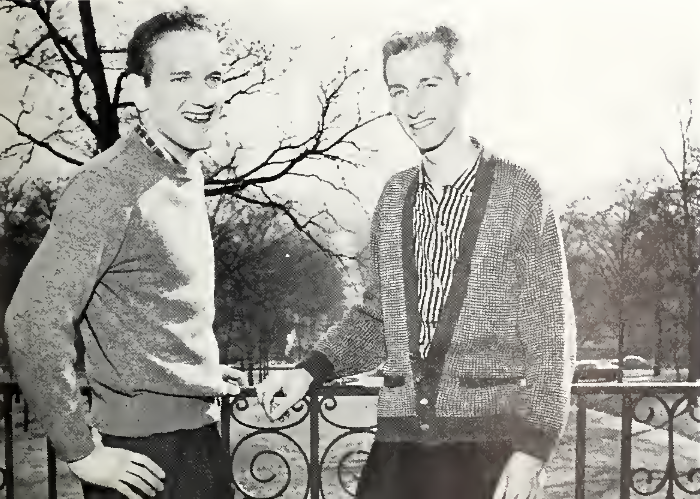
After practicing law for more than five decades, the late John A. Martin ’59 became known for creating humorous or nontraditional titles for his legal filings. He once filed a “motion to ignore” as well as a bold and undeniable “motion for truth and justice.”
This defining trait reflects both the forcefulness he brought to his legal career and also his dedication, which emerged right out of law school. Martin died Oct. 28, 2019 at the age of 81, and he will be remembered for, just like his motion, his fight for truth and justice.
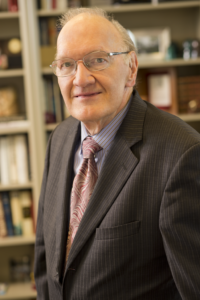 Martin grew up in Birmingham and was a natural leader. He served as president of his senior class at both Phillips High School and Birmingham-Southern, editor-in-chief of The Hilltop News, and co-captain of BSC’s swimming team. He played basketball before joining the swimming team and also excelled academically, graduating Magna Cum Laude and Phi Beta Kappa.
Martin grew up in Birmingham and was a natural leader. He served as president of his senior class at both Phillips High School and Birmingham-Southern, editor-in-chief of The Hilltop News, and co-captain of BSC’s swimming team. He played basketball before joining the swimming team and also excelled academically, graduating Magna Cum Laude and Phi Beta Kappa.
Leaving the deep South in 1959, Martin attended Harvard Law School and came face to face with Northeastern criticism of Alabama. He first defended his home, but the young law student soon began to identify the deep-seated racism and cruelty that persisted in the South.
“All these lessons were the beginning of Martin’s journey out of the darkness that had enveloped the South for generations and toward a quest for justice for all individuals under law,” wrote Sol Villasana, who interviewed Martin for a 2014 The Texas Lawbook article.
Rather than joining a firm after graduating from Harvard in 1962, Martin began his career in the Civil Rights Division of the Department of Justice, taking up a dangerous but deeply important position. At 25 years old, he was sent back to the South – blending in as a native Southerner – to defend the Civil Rights Acts of 1957 and 1960 against Jim Crow tradition.
One of his first and most notable assignments was to investigate the University of Mississippi in preparation for James Meredith’s attendance. Meredith, a young African-American man, was determined to attend Ole Miss during the fall of 1962 no matter the obstacles in his way, and it was up to federal authorities and civil rights lawyers to protect him.
Martin was sent as an undercover student to gather information about the student body, who he recognized as bitter and hateful but not capable of extreme violence. However, when Meredith registered for classes that September, a mob of more than 1,000 students rioted, leading to 160 arrests around Oxford and two deaths.
Returning to Mississippi, Martin and other lawyers continued to walk with and protect Meredith, who did graduate in 1963. This groundbreaking moment set the pace for the rest of Martin’s career.
He supervised the admittance of other students throughout the 1960s, including at the University of Mississippi School of Law, the University of Alabama, and the Talladega School System. Martin was also one of the first lawyers to arrive on the scene of the Sixteenth Street Baptist Church bombing and worked on voting discrimination cases.
In Terrell County, Martin was part of a pioneering success in prohibiting state officials from interfering with African Americans’ voting rights. The Civil Rights Division pushed for stricter legislation as white protestors continued to burn down black churches and meeting places. Efforts like this eventually led to the Voting Rights Act of 1965, signed by President Lyndon B. Johnson.
With a thank you note from Attorney General Robert Kennedy for his work in Terrell County, Martin left the Civil Rights Division in 1964 and joined Carrington Coleman, a Dallas law firm where he worked for more than 50 years.
Martin worked his way from business litigation to senior counsel and spent countless hours serving his community. He was a board member of the Metropolitan Dallas YMCA, LaunchAbility, Children’s Medical Center, Dallas Legal Aid Society, and the Dallas Independent School District. His boldness and force continued in all organizations he was a part of as he constantly looked for justice.
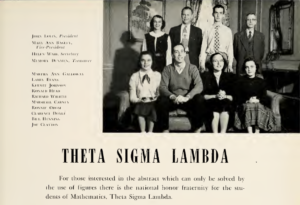

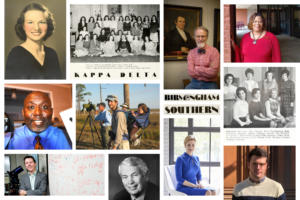
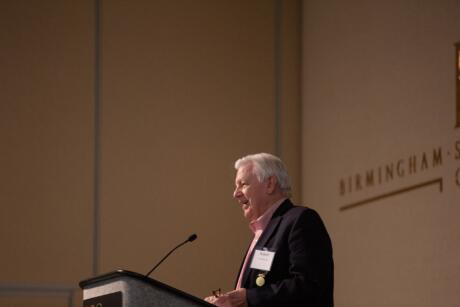
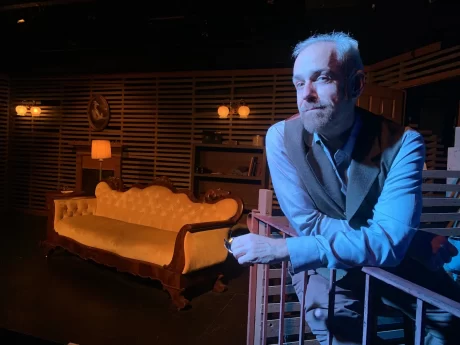
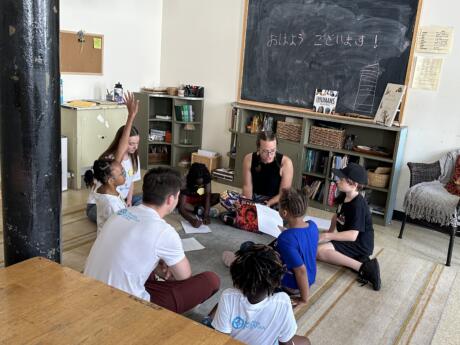
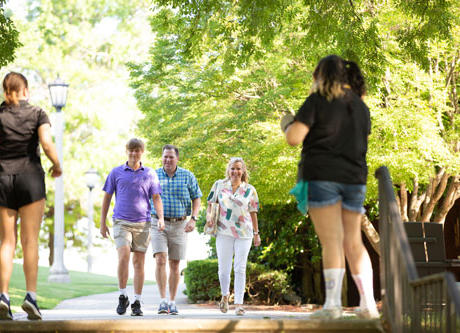
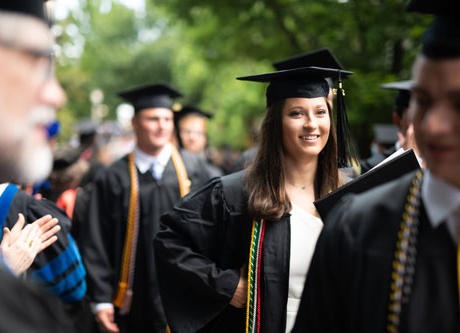



// Comments are closed //